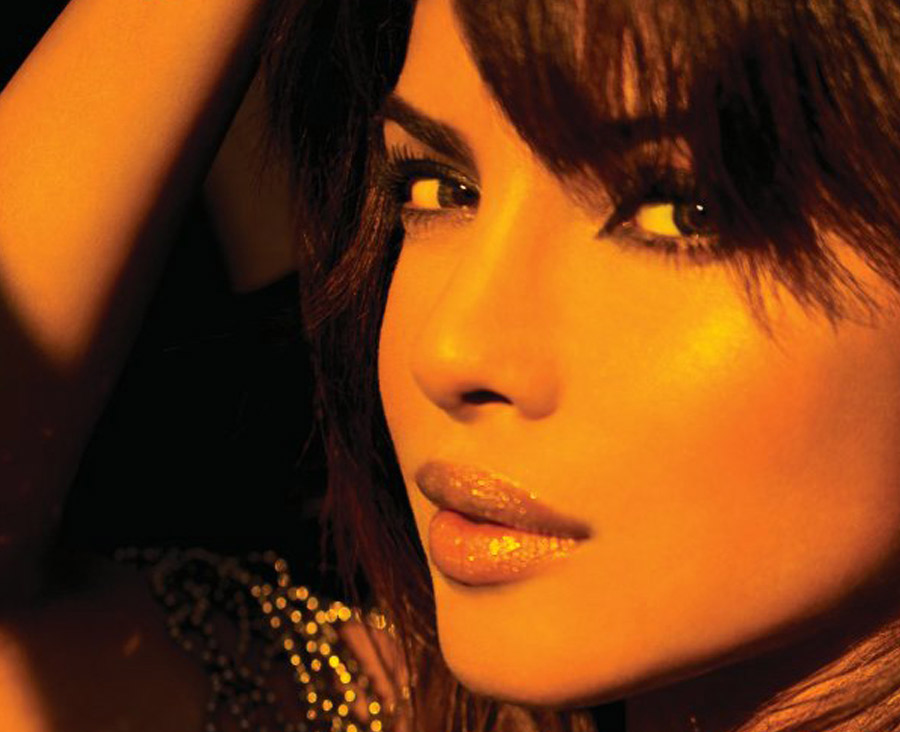The struggles of girls and women in India have caught the international media’s attention. In December, news spread of a 23-year old woman who was gang-raped and who died from her injuries, with protests erupting across India.
Then, in April, the abduction and sexual assault of a 5-year old girl made international headlines.
Maybe you saw these reports and read them from header to footer, but maybe you were like me, desensitized to the many stories of atrocities that litter international headlines, and you blew right past them. Yet, this most recent headline did catch my attention. I noticed some newspapers were reporting a 4-year old, some a 5-year old, and some a 6-year old victim. I was confused at how major publications could be reporting different facts—somebody had to be wrong. Then I realized they weren’t wrong: there had been three different reported cases of child rape within just a few days. And these are only the cases that made international news (let alone being reported at all).
I did another double take when I read that India has seen a 336 per cent increase in reports of child rape over the last decade. Three-hundred and thirty-six per cent. That’s an outstanding statistic! Yes, it’s possible some of that increase may be an indication that the marginalized now feel more empowered to come forward to authorities. Nevertheless, numbers like that are frightening.
Sexual violence towards girls is, sadly, just one part of a much larger issue of gender discrimination in India—an issue Priyanka Chopra has been trying to bring awareness to within her home country for many years.
Priyanka Chopra is the biggest female celebrity in India today. Just search her on Twitter. Not only does she boast an impressive following, but there are dozens of fan accounts, each with thousands of followers. This former Miss India and Miss World titleholder already has a decade of Bollywood films to her name and multiple awards. She is, by American standards, a superstar. And in 2011, the 30-year-old added yet another title to her resumé: signed recording artist. But this gig is different. Priyanka is signed in North America.
“I think it’s a time where borders don’t matter. I think the world is becoming a melting pot of different cultures, and I think it will be interesting to give the world a taste of India.”
The Bollywood bombshell is talking to me from Toronto where she’s promoting her debut single “In My City,” featuring will.i.am. It’s a big deal, not just because it was produced by RedOne (Lady Gaga, Jennifer Lopez, Akon) and Brian Kennedy (Rihanna, Natasha Bedingfield, Ciara), signed to powerhouse producer Jimmy Iovine’s Interscope, or because it was chosen as the anthem to Thursday Night Kickoff (proving, this Indian diva goes down as smooth in North America as a Bud and an NFL pre-game show), but because she’s the first Bollywood star to cross over.
Priyanka’s second single, “Exotic” featuring Pitbull, is due out this summer.
Priyanka is also a UNICEF National Ambassador, promoting girls’ education and child rights.
“We need to remind ourselves that we women today are a vital contributor to the growth of the new India,” writes Chopra in an article for The Times of India. “True strength comes from the ability and the confidence of young independent girls like ourselves.”
From speaking out on Indian women’s issues, to offering monsoon season style advice (printed gumboots, waterproof mascara, and sheer chiffon—if you were wondering), it’s clear Priyanka Chopra comes from a very different world than her North American market. And that is exactly why her new record deal with 2101 Records (a partnership with Universal Music, DesiHits! and Interscope) is so exciting—because she’s about to bring a lesser-known voice to the North American mainstream.
Some fans are upset about the international splash—Priyanka has turned down a stream of singing opportunities in Bollywood, and now that she’s signed, she’s unable to appear singing in any Bollywood film until her album is released. But despite some fans feeling betrayed that their favourite actress is going from Bolly to Holly, she brings with her their causes, and the awareness for environmental and gender issues India needs brought to the world stage.
“I do think that celebrities have a unique position where people do listen to them, or at least hear them if not even listen, and I think we have a certain social responsibility.” Pritanka goes on to explain that celebrities should do this, even in the face of being media targets. They shouldn’t allow this fear to hold them back: “If we feel that something is important to us, we should work something in, lest we could get into trouble, we are self-targets, we could say something completely wrong, and not grammatically correct, but I think it’s important to stand up for causes that you believe in.”
Although, for now, she tells me she’s not putting that pressure on herself as a recording artist: “I think song-writing shouldn’t have that kind of pressure, it should just be an expression of the individual but that’s what music should be, just be an expression. And then eventually the artist should take over responsibility at some point, but in the beginning it should have the liberty of whatever it’s going to be, I think.”
And she’s right. Because first, she needs an audience.
“I’m a new artist and nobody knows me here and I’m not delusional about it,” Priyanka told the LA Times. Priyanka is used to having massive appeal, and with her music career guided by Lady Gaga’s manager, it likely won’t be long before she’s back to the celebrity status she’s used to, and the social responsibility that comes with it.
“I think music is one of the most integral parts of changing people’s lives and it’s something that can push you, draw you, it can excite you, it can be your best friend, it can be anything. I think it has the ability to bring people together, and I hope to be able to create music like that at some point.”

